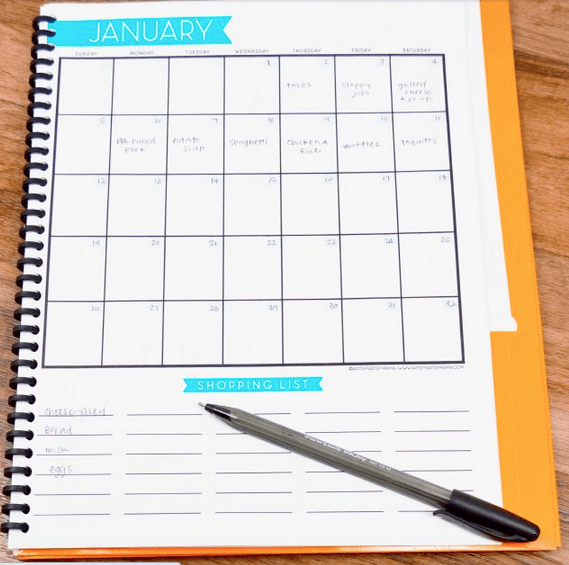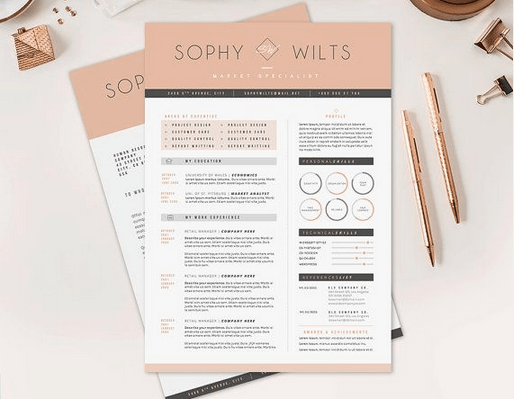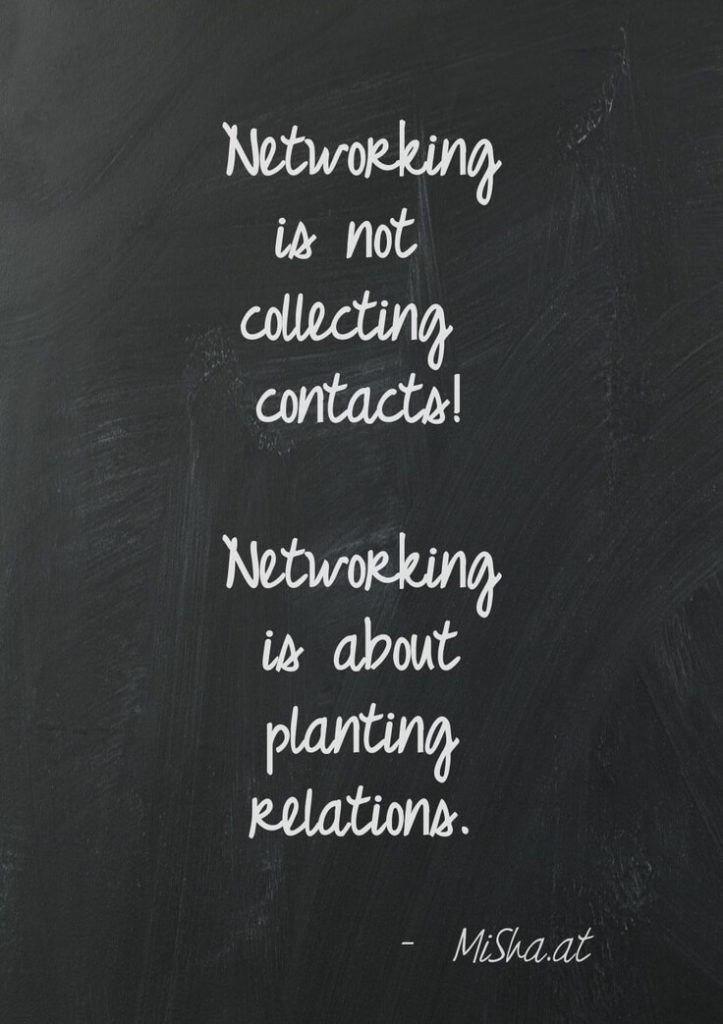This is it, fellow seniors. The time where our college career comes to an end and our real career is about to start. Well, we desperately want it to start at least. Truth is you’ve probably started hunting for jobs a few weeks ago and are now two bare hands deep in a tub of cookie dough, thinking, How the heck do people make it in the real world, anyway?!
Honestly, the job application process is probably a worse experience than that one time you thought you had the herps. There are so many questions we have about job apps that, most likely, we haven’t asked.
So we asked for you. College Magazine interviewed Matthew Cowley, University of Florida’s assistant director for professional development and experience at the Career Resource Center, and got some answers.
Pretend it’s an all-you-can-eat buffet and get there early

If you started applying for jobs two months before graduation, you’re already behind. Cowley strongly suggests that seniors begin this process six months before graduation. “You want to know what those job descriptions look like, what kind of environment you’d be working in and some of those other pieces early on so that way you’re not trying to do all of that at once at the end of your college career,” Cowley said. Starting early also helps you catch any mistakes you may have on your resume or cover letter (I had “concern” spelled like “cocern” for the longest time on my cover letter so… that’s a concern).
Starting early doesn’t necessarily mean you’re going to get a job right out of college. “One of the things that students need to be aware of is that companies are not just hiring because people are graduating, they’re hiring because they need people in these positions,” Cowley said. According to Cowley, the employer may not need someone to start right away, but it’s good to have your name in those job pools anyway. Don’t worry, your parents won’t kick you out… yet.
Seduce the company with those resumes and cover letters

Pay attention to the job description to see what the company is looking for. The employer doesn’t care if you were a member of the Knitting Society for two years (unless you’re applying for a job at a knitting company, then go ham).
This doesn’t mean you have to exclude how you run your own personal blog or that one time you volunteered in Africa…or how much you love to knit. Those facts can be thrown in sparingly in your cover letter or saved for the interview. It may seem like you’re making your application as blah as everyone else, but conforming to the job description is the best “Hire me!” sales pitch you can make. Cowley said, “When you can make those connections you’re going to be a stellar candidate because sometimes not even the employer can make those connections.”
Make LinkedIn Your FWB

Ah, yes, LinkedIn. What may seem like a drab social media platform is, in fact, the tool that will spice up your job application process. Create an account, add an awesome headshot, describe your past experience and connect with others who are on a similar boat as you. “Not only is it a job search engine, but you can find, for example, an alumni who graduated with a similar [degree] to yourself and may be living in a part of the country you want to live in. Just using people in your job search can help, at the very least, make the job search not feel so lonely,” Cowley said.
Mooch off friends, second cousins, long lost loves…

You’re currently living in a college town in the middle of America, but your dream job is located in L.A. What do you do? Cowley said that the best way to go about this is to use the address of someone you know who lives in your desired city. Obviously this someone should be a hero who wouldn’t mind you kickin’ it on his or her couch for a few weeks until you get on your feet. But never make up an address. That can backfire real quick. Another tip Cowley gave was to let the employers know why that location. “Help them connect to your motivations, that way they feel more comfortable about spending that money to bring someone in,” he said.
Network as if you were in “The Hunger Games”

You’ve probably been told a million times that networking is key. But what you haven’t been told is how to use those connections. Cowley suggests that if you know someone within the company you’ve applied to, contact them and let them know you applied. “There might not be anything they can do, but they can speak on your behalf or at least let someone in the HR department know, ‘Hey, I know this person and I can speak to the fact that they’re a professional person or someone we should keep on our radar.’” This is priceless. Another way to network is to suggest an informal interview. This isn’t your typical interview. Instead of the employer, you’re the one asking you questions. “[You] gain knowledge of how they got started in the industry, or what they enjoy about what they do. That just helps you grow your network,” Cowley said.
Follow up without looking like a stalker

Luckily, there are not set rules on when and how to follow up. Cowley said that one of the biggest struggles with following up is knowing what to say and when to say it. He suggests waiting about two weeks before calling the HR department or sending an email asking about the status of that position you applied for. But be careful about following up too often—you don’t want to seem thirsty to employers. “You definitely don’t want to call and email everyday. Employers are people too, so there might be times when they’re really swamped and it’s a month and a half before they ever get back to you about a position,” Cowley said. Remember what I said about starting early? This is what it feels like to come full circle, folks.
Use what your momma gave ya… or in this case, your university

Assuming your application is good to go may be your hamartia. Cowley suggests asking a supervisor to look over your resume or setting up an appointment with your school’s career resource center to score a mock interview. “Make sure you utilize all the resources you can to set up. That way if you’re not getting positions you can say, ‘I know that I’m doing all that I can be doing and so I don’t have to change anything,’ versus the students I see that apply to a hundred jobs and not get any responses… because their resume isn’t strong,” Cowley said. Moral of the story: check yourself before you wreck yourself. You’ll never know you’re making the same mistakes over and over again without a seriously in-depth re-evaluation process.



















